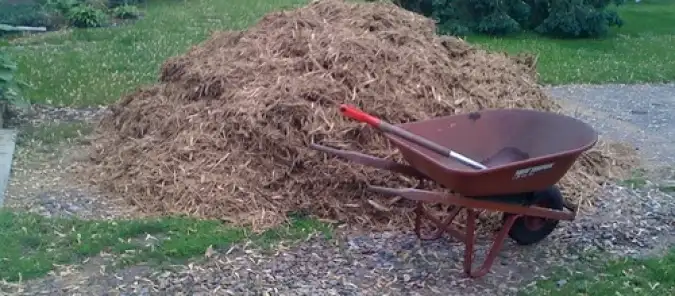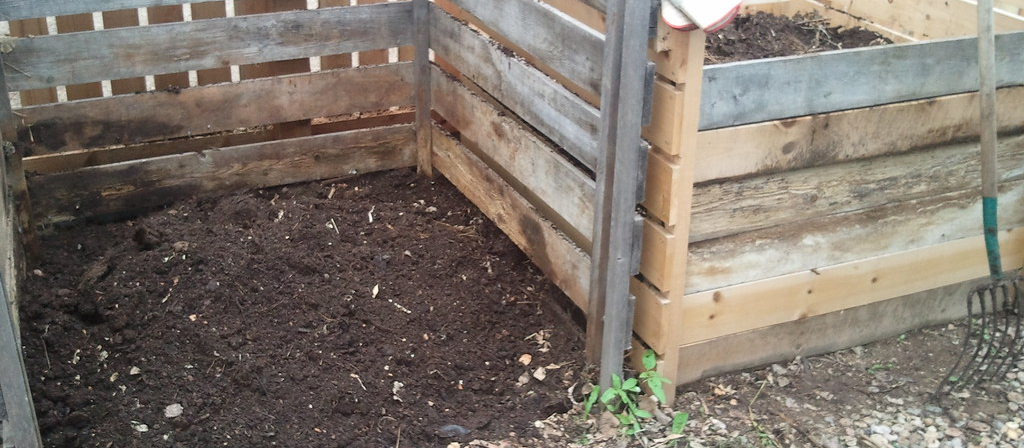Categories > Plant Care and Maintenance
13 Steps to restore your gardens soil
Restoring soil health in your garden is essential for maintaining fertile and productive land. Here are 13 steps to help you improve and restore your garden soil
1. Soil Testing
Start by getting a soil test from a local agricultural extension office or a soil testing laboratory. This will provide you with information about your soil's pH, nutrient levels, and other properties, helping you make informed decisions about necessary amendments.
2. Adjust Soil pH
Based on your soil test results, adjust the pH level if needed. Most vegetables and plants prefer a slightly acidic to neutral pH (around 6.0 to 7.0). Lime can be added to raise pH, while sulfur can be used to lower it.
3. Organic Matter
Organic matter is essential for soil health. Add compost, well-rotted manure, or other organic materials to your soil. These materials improve soil structure, retain moisture, and provide essential nutrients.
4. Mulch
Apply a layer of mulch, such as straw, leaves, or wood chips, to the soil surface. Mulch helps to maintain soil moisture, regulate temperature, reduce weed growth, and improve overall soil quality as it breaks down.
5. Crop Rotation
Rotate your crops annually to prevent soil depletion of specific nutrients and to deter pests and diseases from building up in the soil.
Crop rotation in my garden, why should I?
6. Cover Crops
Plant cover crops like clover, buckwheat, or rye in the offseason. Cover crops protect the soil from erosion, add organic matter when they are turned into the soil, and help fix nitrogen.
7. Avoid Compaction
Minimize soil compaction by not walking on garden beds or using heavy equipment when the soil is wet. Compacted soil restricts root growth and reduces water infiltration.
8. Proper Watering
Water your garden adequately but avoid overwatering, which can leach nutrients from the soil. Use a soaker hose or drip irrigation to water at the root zone.
9. Fertilization
Based on your soil test, use (organic) fertilizers to address nutrient deficiencies. Avoid over-fertilizing, as this can harm plants and the environment.
10. Beneficial Microorganisms
Use soil inoculants or compost tea to introduce beneficial microorganisms to the soil. These microbes help break down organic matter and make nutrients more available to plants.
11. Natural Pest Control
Promote a diverse ecosystem in your garden by planting a variety of plants and encouraging beneficial insects. Avoid using chemical pesticides that can harm soil life.
12. Regular Maintenance
Keep up with regular weeding and garden cleanup to prevent weeds from competing for nutrients and to reduce the risk of diseases.
13. Monitor and Adjust
Continuously monitor the health of your soil by observing plant growth, nutrient levels, and soil structure. Adjust your gardening practices as needed to maintain soil health over time.
Remember that soil improvement is an ongoing process. It may take some time to see significant results, but with patience and consistent care, you can restore and maintain healthy garden soil for years to come.
Newsletter



